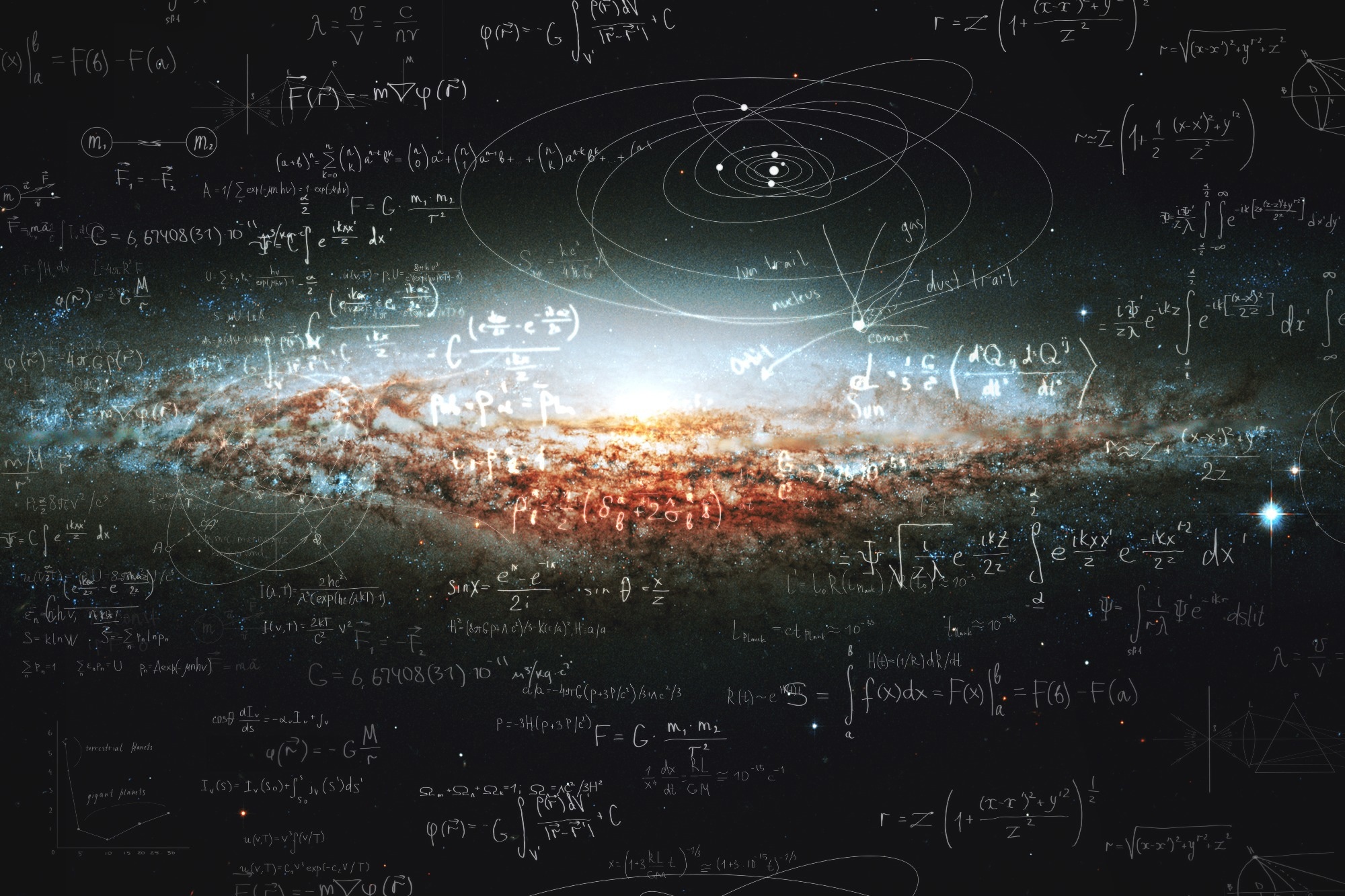A paper recently published in the journal Nature Communications proposed a new argument that observers entangled with measurement possibilities cannot rely on standard predictions, extending the concept of measurement disturbance to the observers themselves.

Study: Quantum Observer Paradox: Extending Measurement Disturbance to Observers. Image Credit: Lia Koltyrina/Shutterstock.com
Background
Interpreting quantum mechanics when it comes to measurements and concepts like state "collapse" has posed significant challenges for physicists since the advent of quantum theory. Such issues often become entangled with questions of reality and consciousness when they are pushed to logical extremes.
Potential ways out of this tangle were eliminated by Bell's theorem through any classical underlying theory. However, quantum mechanics' consistent success has driven its adoption as a fundamental theory and compelled physicists to accept the logical consequences.
Observer's Role in Quantum Theory
The observer has a privileged role in quantum theory as all quantum mechanics interpretations are formulated based on what an observer is expected to measure or see. This dichotomy between the quantum system and the observer raises several questions, such as who is an observer and whether the observers are subjected to the quantum mechanics laws. Additionally, if the quantum theory is applied to observers, then what happens to observers when they are observed by another observer/super observer becomes an important issue.
This question has roots in Schrödinger and his unfortunate cat, which was later elaborated by a treatise of Wigner by promoting the cat to another conscious observer/"Wigner's friend" setup. However, Wigner's thesis failed to identify inconsistencies within quantum mechanics and its conventional interpretation and the measurements' questions on observers.
An argument recently proposed by Frauchiger and Renner (FR) critically depends on a scenario where an observer is measured concerning macroscopically distinct states. Subsequently, the consistency between observers and the conventional Born rules' application leads to a contradiction. Thus, the conclusions and arguments of FR have become the subject of much debate and commentary.
The Study
In this study, the author argues that quantum mechanics suggests observers cannot use the standard Born rules to predict measurement outcomes if they themselves have been subjected to macroscopic measurement. In effect, this broadens the well-known quantum mechanics principle "measurements disturb the system" to include observers. The information communication between such observers is also similarly impacted.
The proposed argument can be applied to all processes performing such measurements and all deductions based on the observers' predictions for an event after suffering such a measurement. The author applied this argument to the FR thought experiment, which was the real motivation of this work, and demonstrated that completion of the proposed quantum mechanical rules eliminates the inconsistency.
In this work, the adopted approach relied on the standard measurement definition as entanglement between observed system and observer and strictly unitary evolution of states. Unitary evolution is only compatible with quantum field theory and relativistic quantum mechanics and can account for every observed phenomenon upon correct interpretation.
This approach lacked any fundamental state collapse concept, and the resultant certainty of observers regarding their observation outcomes was encoded in the entanglement between the measured system's state and the observer's state. The full state became a superposition of orthogonal components after the measurement, with each component comprising the state of the observer that observed a specific outcome entangled with the measured system's eigenstate in that outcome. Thus, this approach was almost similar to a "many worlds" interpretation as the state's every orthogonal component can be considered as a distinct universe branch.
Importance of the Work
The work presents several key observations about quantum mechanics and observer measurements:
- Observers cannot use the standard Born probability rules when they are subjected to cat measurements.
- Observers cannot modify the Born rules to accurately account for cat measurements on themselves without prior knowledge of the entire system's state and its future evolution.
- Observers cannot reliably communicate information to others if both are subject to cat measurements.
- Observers cannot employ state collapse in their predictions if they will undergo cat measurements.
The above considerations displayed that quantum mechanics' deduction rules do not hold when observers suffer cat measurements, and the rules must be supplemented with the 'absence of such measurements' condition. This lifted the FR paradox without altering the core of quantum mechanics.
However, further research is needed to fully understand the feasibility of cat measurements. While this study presents several arguments against their practicality, it would be beneficial to explore their theoretical impossibility. Investigating how quantum field theory, relativity, locality, and other physical principles might rule out such measurements could provide deeper insights.
To summarize, quantum mechanics remains challenging to understand to the extent of emotional and intellectual satisfaction. It can become more consistently predictive if cat measurements are eliminated.
Journal Reference
Polychronakos, A. P. (2024). Quantum mechanical rules for observed observers and the consistency of quantum theory. Nature Communications, 15(1), 1-7. https://doi.org/10.1038/s41467-024-47170-2, https://www.nature.com/articles/s41467-024-47170-2
Disclaimer: The views expressed here are those of the author expressed in their private capacity and do not necessarily represent the views of AZoM.com Limited T/A AZoNetwork the owner and operator of this website. This disclaimer forms part of the Terms and conditions of use of this website.